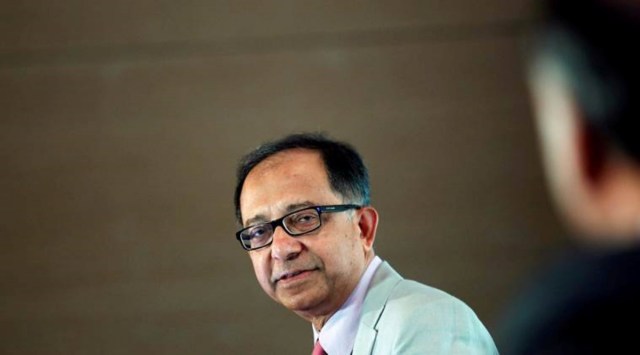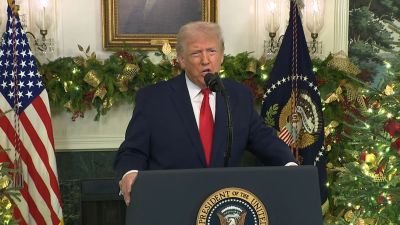Hyper-nationalism a risk in India: Prof Kaushik Basu
A Carl Marks Professor of International Studies, Cornell University, USA, and chief economist of World Bank (2012-16), the Padma Bhushan award winner was at Ahmedabad Management Association (AMA) to deliver the eighth Pravin Visaria Memorial Public Lecture.
 “There is a risk in hyper-nationalism. It can do great damage. Countries have undone themselves with that. At the same time, you do work for the nation and it is a balancing act. There is no real easy answer to that,” said Professor Basu when asked if hyper-nationalism seen in India can have any adverse effects.
“There is a risk in hyper-nationalism. It can do great damage. Countries have undone themselves with that. At the same time, you do work for the nation and it is a balancing act. There is no real easy answer to that,” said Professor Basu when asked if hyper-nationalism seen in India can have any adverse effects.
Hyper-nationalism in India is a “risk”, said former chief economic advisor to the government of India, Professor Kaushik Basu, Thursday as he cited instances of hyper-nationalism in the United States and Argentina and the damage they caused in the past.
“There is a risk in hyper-nationalism. It can do great damage. Countries have undone themselves with that. At the same time, you do work for the nation and it is a balancing act. There is no real easy answer to that,” said Professor Basu when asked if hyper-nationalism seen in India can have any adverse effects.
A Carl Marks Professor of International Studies, Cornell University, USA, and chief economist of World Bank (2012-16), the Padma Bhushan award winner was at Ahmedabad Management Association (AMA) to deliver the eighth Pravin Visaria Memorial Public Lecture.
“The United States went through a period of hyper-nationalism in the 1950s. It is called the McCarthy period. During this period, one would be called an Un-American or a communist sympathiser. If you stand up and say that I know this person very well and he is not an Un-American or communist, you too will be called an Un-American person and communist sympathiser. This was spreading like fire in the US. I think the American economy would have been crushed, if the McCarthy period had continued,” he said while interacting with the audience during a question-answer session.
🚨 Limited Time Offer | Express Premium with ad-lite for just Rs 2/ day 👉🏽 Click here to subscribe 🚨
“Fortunately, people of principles, including a Supreme Court judge and some military officials, spoke up and said this is not the United States we want and subsequent elections caused the downfall of McCharthyism,” Professor Basu added.
Earlier, speaking on the topic ‘The Changing Nature of the Global Economy and Labour Markets: What may the Future Hold’, Basu said, “Roughly between 1915 and 1920, Argentina was among the top 10 richest countries in the world. France and Germany were behind Argentina and it was expected that Argentina will become the top country. From 1930, Argentina begins to bundle its policies and over a 10-15 year period, Argentina crashed and the United States overtakes it,” Professor Basu said adding that Argentina’s downfall was due to hyper-nationalism prevalent during that period and the US, which invested heavily in education, gained.
He felt that “creative education and health” were two sectors that will help countries emerge on top globally. “As we are moving into the next phase, it will be a challenge for different countries. There will be new winners and new losers. You take any country, including India; some people will say it is a sure winner and some will say it is a sure loser. The truth is somewhere in between. When you analyse carefully, India is doing well in some ways and bad in other ways… I believe there are two sectors that are going to be dominant in the world and countries that take positions in them will be big players. These are creative education and health,” he said at the event organised by the Gujarat Institute of Development Research (GIDR).
Attributing investment in education as the reason for the growth of the South Korean economy, Professor Basu said teachers in South Korea earn like “rock stars”. Professor Basu also said India’s current growth rate was neither high nor low.







